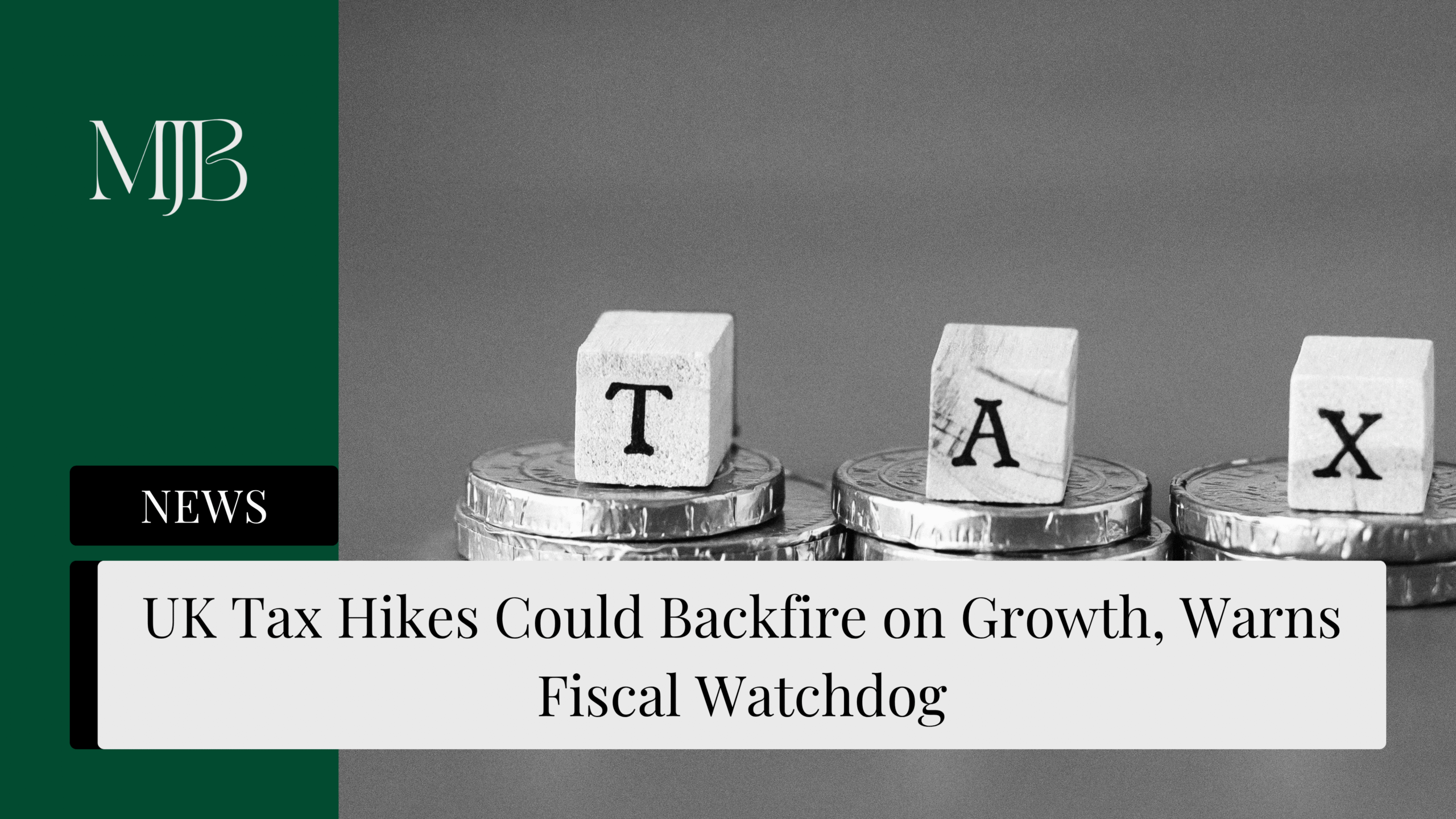The OBR Just Dropped a Reality Check on Rachel Reeves’ Tax Plans
Here’s the tea: The UK’s fiscal watchdog just warned Chancellor Rachel Reeves that cranking up taxes might actually hurt the very thing she’s trying to achieve — economic growth. With tax levels already approaching “all-time highs,” the Office for Budget Responsibility (OBR) is essentially saying, “Oi, maybe try the brakes?”
As Reeves gears up for what could be a £30 billion tax grab in the Autumn Budget, the timing of this warning is… let‘s say, awkward.
Why Tax Hikes Are Looking Inevitable
Let’s break down why Reeves is eyeing your already thinning wallet:
The Perfect Storm of Financial Pressure
City analysts are painting a grim picture. Between soaring borrowing costs and those pesky unfunded welfare commitments, the government needs cash — and fast. We’re talking potentially £30 billion worth of new revenue.
Richard Hughes, the OBR’s head honcho, laid it out pretty clearly to MPs: “If higher research and development [expenditure] is being funded by a higher tax burden, there are some choices and trade-offs that need to be paid for.”
Translation? You can’t have your cake and eat it too.
What’s on the Tax Menu?
While nothing’s confirmed, the rumour mill is churning out some possibilities:
- A wealth tax (because why not?)
- Higher corporation tax surcharge on banks
- Various other creative ways to separate Brits from their pounds
The Growth Dilemma: When More Tax Means Less Growth
Hughes warned that the UK’s growing tax burden could actually stifle the growth Reeves desperately needs. It’s like trying to run faster while adding weights to your backpack — at some point, you’re just slowing yourself down.
The Productivity Problem
The OBR is also reviewing its productivity forecasts (spoiler: they might’ve been too optimistic). Rachel Reeves’ measly £9.9 billion headroom largely depends on productivity bouncing back to pre-pandemic levels.
Good luck with that.
The Bigger Picture: It’s Not Just About Tax
David Miles from the OBR dropped another knockout — the UK faces a “worrisome” future as pension funds lose their appetite for government bonds. His solution? “You’ve got to offer them a better deal.”
That translates to about £20 billion in extra long-term borrowing costs. Erm, ouch.
What Reeves Is Banking On
Despite the doom and gloom, the Chancellor’s putting her chips on:
- Deregulation (the Leeds Reforms)
- Boosting retail investment
- Various growth-focused policies from her Mansion House speech
Will it work? That’s the billion-pound question.
The Bottom Line
Helen Miller, the new IFS director, summed it up perfectly: “We need to break out of this cycle.” She’s right — the UK can’t tax its way to prosperity, but it also can’t ignore its fiscal reality.
The real kicker? Even if Reeves sticks to her fiscal rules, that doesn’t guarantee sustainable public finances. With a “long list of adverse fiscal risks” looming, the government needs more than just higher taxes — it needs actual economic growth.
What’s next? Keep an eye on the Autumn Budget. If these tax hikes materialise, they could reshape everything from your paycheck to the UK’s economic trajectory.
FAQ
Q1: Why is the OBR warning against tax hikes now?
A: The UK’s tax burden is approaching historic highs, and the OBR believes further increases could harm economic growth. It’s essentially a warning that there’s a tipping point where higher taxes become counterproductive.
Q2: How much could taxes increase in the Autumn Budget?
A: City analysts estimate the government might need to raise up to £30 billion through new taxes. That’s driven by higher borrowing costs and unfunded welfare spending commitments.
Q3: What specific taxes might increase?
A: While nothing’s confirmed, speculation includes a potential wealth tax and higher corporation tax surcharges on banks. The government’s keeping its cards close to its chest for now.
Q4: Will these tax hikes definitely happen?
A: Not necessarily. The OBR’s warning might make Reeves think twice, but with limited options and fiscal pressures mounting, some form of revenue increase seems likely.
Q5: How does this affect the average UK taxpayer?
A: If taxes go up, you’ll likely feel it in your wallet through either direct taxation or indirect effects on the economy. The exact impact depends on which taxes are raised and by how much.
DISCLAIMER
Effective Date: 15th July 2025
The information provided on this website is for informational and educational purposes only and reflects the personal opinions of the author(s). It is not intended as financial, investment, tax, or legal advice.
We are not certified financial advisers. None of the content on this website constitutes a recommendation to buy, sell, or hold any financial product, asset, or service. You should not rely on any information provided here to make financial decisions.
We strongly recommend that you:
- Conduct your own research and due diligence
- Consult with a qualified financial adviser or professional before making any investment or financial decisions
While we strive to ensure that all information is accurate and up to date, we make no guarantees about the completeness, reliability, or suitability of any content on this site.
By using this website, you acknowledge and agree that we are not responsible for any financial loss, damage, or decisions made based on the content presented.






